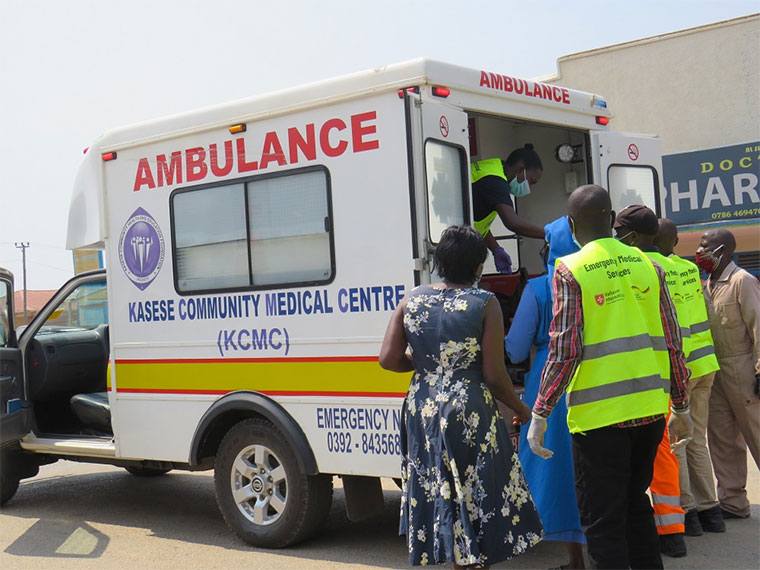Ugandans consider medical insurance unaffordable, new study

Many Ugandans find medical insurance services unaffordable.
This is according to the newly released survey findings on formal medical insurance in Uganda by the Insurance Regulatory Authority (IRA) in Uganda.
Ibrahim Kaddunabbi, the chief executive officer of the IRA, said the study sought to establish the performance of medical insurance, the level of satisfaction among beneficiaries, corporate clients and service providers, as well as stakeholder expectations, challenges and prospects of medical insurance.
The period under study was from 2014 to 2021. The study was undertaken in eight major cities: Kampala, Masaka, Mbarara, Fort Portal, Arua, Gulu, Mbale and Jinja. Among those interviewed were 64 beneficiaries, 31 corporate clients, 56 service providers, five medical insurers and one health membership organization.
Among the corporations, it was established that 74 per cent found the medical insurance services offered adequate, 23 per cent found them moderate, and only three per cent said the benefits outweighed the cost. Despite being aware of the importance of medical insurance, the majority of the individuals interviewed said the premiums on medical insurance were low.
“The uptake of medical insurance among individuals is very low because of other expenses like food, child education, etc. that compete for income,” Kaddunabbi said.
He noted that corporate companies had enlisted their staff and families for medical insurance because they recognized that it improved the productivity of staff.
“You can only get the best from your staff when they are confident about the health of their family and relatives.”
On the other hand, individuals said medical insurance enabled them to meet medical expenses in a more certain way. On the high cost of premiums, Kaddunabbi said the IRA was considering the rollout of minimum premium rates and the establishment of uniform rates for the provision of professional services.
“There is serious competition, which creates challenges. The insurance sector relies on the rule of large numbers for the insurers to be able to pay.”
He expressed confidence that the costs of medical insurance across the country would drop when the government enacts the National Health Insurance scheme. The scheme outlines the general structure for a first-ever national social health insurance plan in Uganda.
The scheme will be financed by a combination of employee and government contributions. To cover all Ugandans when fully implemented, the scheme shall be rolled out in a phased manner, starting with medical workers.
This achievement comes after decades of engagement and consultations between civil society and government stakeholders. Kaddunabbi noted that the IRA has been engaging with the ministry of Health to ensure that it is in tandem with the demands of the insurance sector.
He added: “We anticipate one more meeting with the team from the ministry of Health before the bill can be presented to cabinet. When more people take on medical insurance, the costs shall drop. The insurance sector relies on the law of numbers. The more the number of people on insurance, the lower the cost, and the reverse is true.”
For the period 2014 to 2021, medical insurance gross written premiums for the last eight years increased from Shs 107.6 billion to Shs 244.98 billion.
Source: The Observer
Share this content:




Post Comment